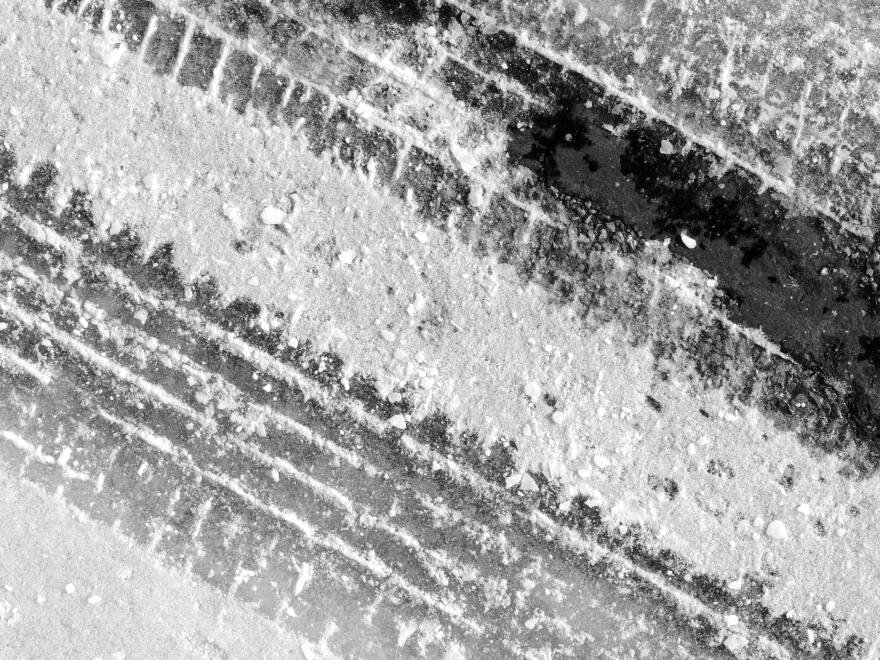Emergency crews in the Charlotte area are preparing for possible winter weather this weekend.
The National Weather Service as of Thursday afternoon said snow and sleet were “likely” Saturday night through Sunday night.
Wike Graham, deputy director of Charlotte-Mecklenburg Emergency Management, said his team has already begun coordinating with meteorologists, transportation officials, Duke Energy and emergency services crews. He said residents can prepare, too, by making sure they have enough supplies for at least three days, including food, blankets and batteries, in case of a power outage.
WINTER WEATHER IS LIKELY THIS WEEKEND: Confidence continues to increase for a significant winter storm across the western Carolinas and northeast Georgia Saturday through Sunday night.
— NWS GSP (@NWSGSP) January 13, 2022
The area is in an elevated/significant risk for snow/sleet/freezing rain. #scwx #ncwx #gawx pic.twitter.com/0QqcKMTP8v
If there is a storm that brings snow or ice, Graham said residents should stay off the roads unless absolutely necessary.
“The folks that you’ll see on the roads include your firefighters that have to get to and from work, nurses, doctors, the folks at Charlotte Water, solid waste, police officers,” Graham said. “So … people on the road, they really need to be what we call essential, key personnel.”
If there is a power outage, Graham added, residents should not use turkey fryers, charcoal grills or drywall heaters to stay warm. If there is a fireplace in the home, he urged people to avoid using it if they never have before.
In general, Graham said ice poses more of a threat than snow.
“Snow, we can work with,” he said. “We’re not going to have as many power outages. We will still have some (car) accidents but not as many accidents. And people understand they’re driving in the snow.”
But ice can be harder to spot on roads — what’s called “black ice”— which can lead to more wrecks. Plus, it can cause downed power lines.
“Generally speaking, around a quarter-inch or more we start to have issues with power lines. The more ice we get can bring down the larger lines which means that we may be without power for an extended amount of time.”


